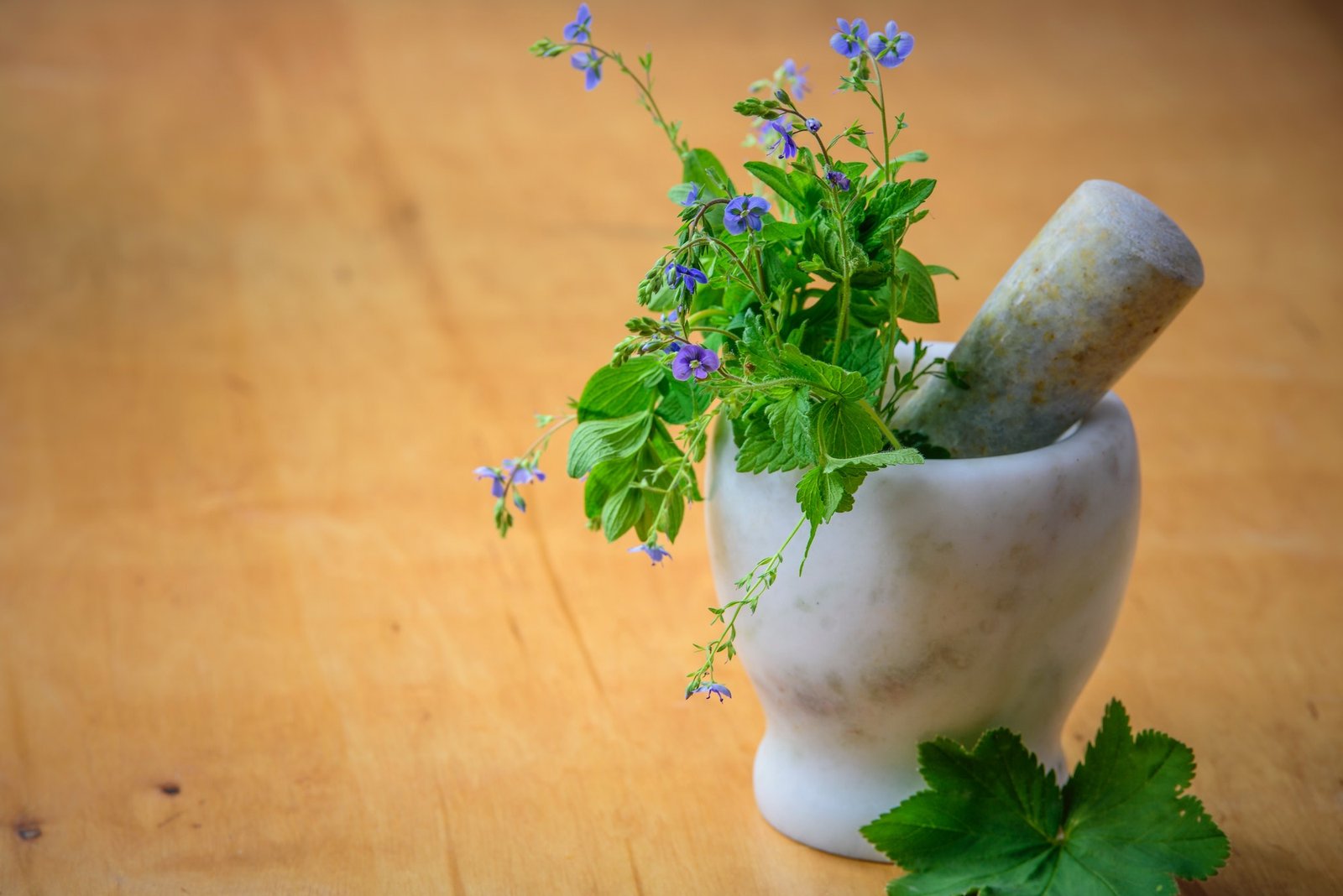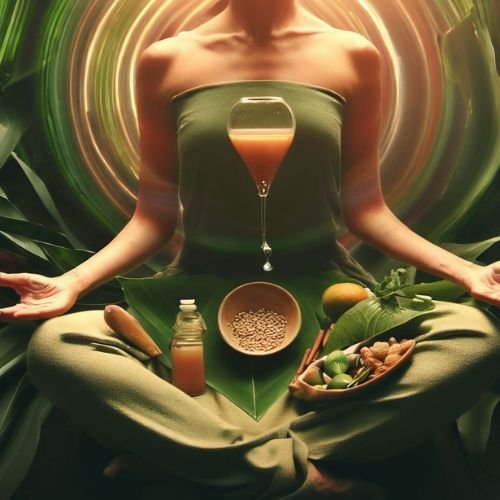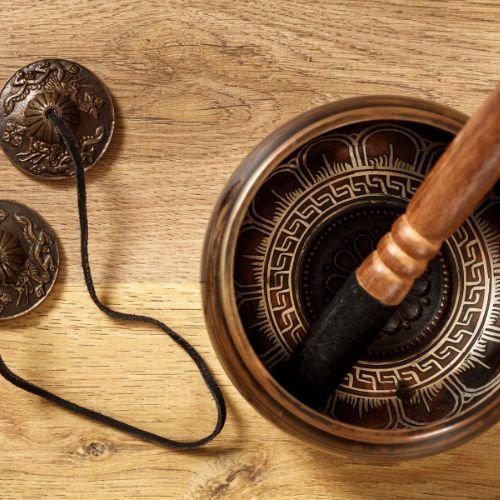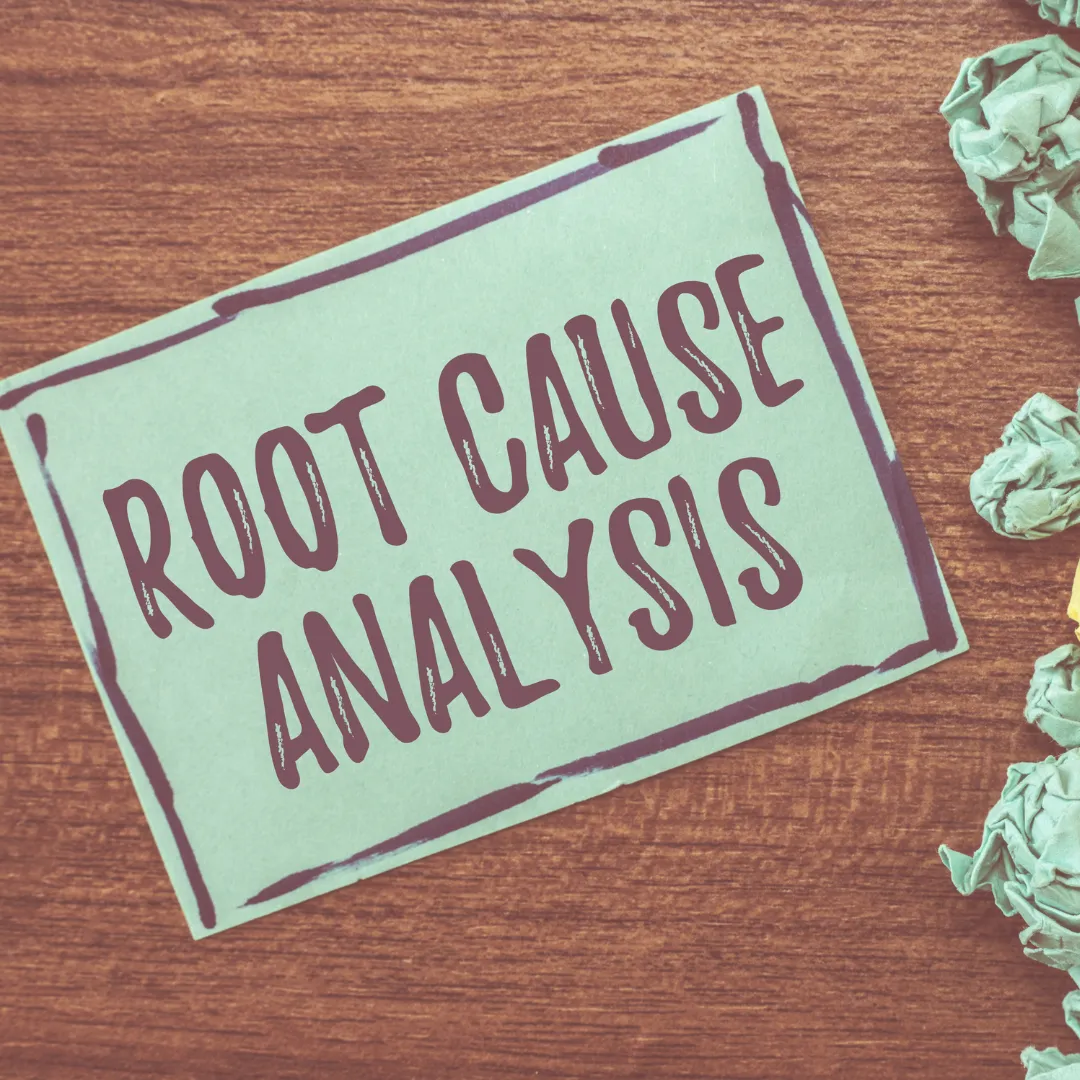Consultation

What It Involves
What It involves

Know your Constitution, Prakriti
Prakriti is the unique, individual constitution of an individual which remains unchanged for life. It encompasses the physical, physiological and mental characteristics of a person, and defines how the person reacts to their surrounding environment, as well as external factors including medicine.

Advice on herbs
Herbs can interact with other pharmaceutical medications and should be taken with care. Always see your regular medical doctor (GP) about any health concerns and tell them about any herbal medicines you are taking or thinking of taking.

Diet Recommendation
Make half of your plate fruits and vegetables. Eat whole-grain, high-fiber breads and cereals (3 to 6 servings a day). Reduce or eliminate refined or processed carbohydrates; at least half of the grains in your diet should be whole grains. Drink fat-free or low-fat milk and eat low-fat dairy products.

Lifestyle Recommendation
To ensure a healthy lifestyle, WHO recommends eating lots of fruits and vegetables, reducing fat, sugar and salt intake and exercising. Based on height and weight, people can check their body mass index (BMI) to see if they are overweight. WHO provides a series of publications to promote and support healthy lifestyles

Wellness plan
A Wellbeing Action Plan reminds us what we need to do to stay well at work and details what our line managers can do to support us. It also helps us develop an awareness of our working style, stress triggers and responses, and enables us to communicate these.

Advice on Treatments
Ayurveda Treatments starts with an internal purification process, followed by a special diet, herbal remedies, massage Therapies, yoga, and meditation. The concepts of universal interconnectedness, the body's constitution (prakriti), and life forces (doshas) are the primary basis of ayurvedic medicine.

Ayurveda Spiritual Councelling
Ayurvedic psycho-spirituality is based on the idea that we are all souls growing and evolving toward enlightenment or reunification with God. This can easily be viewed as entering the gates of heaven–for what is more heavenly then becoming one with God?


Why to do a Consultation with us
- To have a complete health assessment
- To know about your imbalances
- To know the root cause of your concerns
- To understand the reason for the toxicity in the body.
- To have a diet plan according to your gut fire/dosha
- To have a balanced lifestyle plan including exercises for mind and body
- To prevent diseases before they occur
What you receive after the consultation

Understanding about the root cause for your concerns

Advice on herbs and supplements

A diet plan according to your constitution and imbalances


